The Indian Premier League (IPL) has not only been a stage for showcasing extraordinary cricketing talent but has also provided a platform for cricketers to transition into coaching roles. Over the years, several former IPL players have seamlessly moved from being on the field to guiding teams from the sidelines. This unique journey highlights their deep understanding of the game and their ability to mentor the next generation of cricketers. Here’s a look at five prominent cricketers who made the shift from playing in the IPL to taking up coaching roles.
1. Ricky Ponting (Australia)
Ricky Ponting, one of Australia’s cricketing legends, had a brief stint as a player in the IPL, appearing in only 10 matches over two seasons. He played for Kolkata Knight Riders in 2008 and later for Mumbai Indians in 2013. After his brief playing career in the IPL, Ponting transitioned into a coaching role. In 2015, he replaced John Wright as the head coach of Mumbai Indians. Under his guidance, Mumbai won their second IPL title, establishing Ponting as a successful coach. After leaving Mumbai Indians, he joined Delhi Daredevils (now Delhi Capitals) in 2018, continuing his coaching journey with a new franchise.
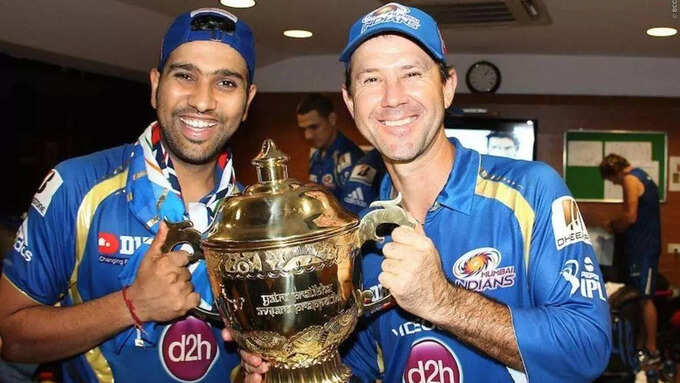
2. Rahul Dravid (India)
Known as “The Wall,” Rahul Dravid had an illustrious playing career in the IPL, captaining both Royal Challengers Bangalore and Rajasthan Royals. Under his leadership, Rajasthan Royals reached the top four in the 2013 season and made it to the finals of the Champions League T20. Dravid’s approach to nurturing young talent was evident during his captaincy, a trait that he carried forward into his coaching career. Post-retirement, Dravid took on coaching roles, most notably with India’s Under-19 and A teams, where he continued his legacy of grooming young cricketers for the international stage.
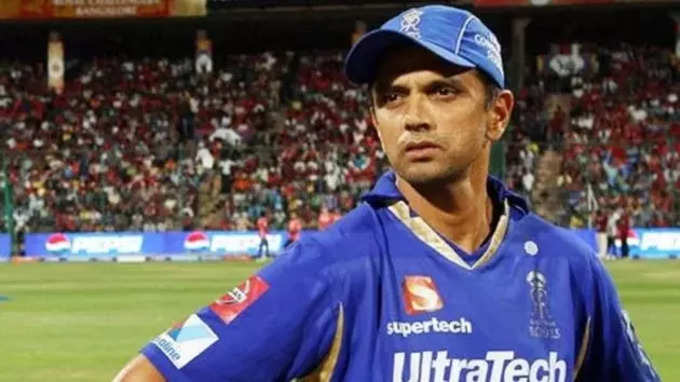
3. Stephen Fleming (New Zealand)
Stephen Fleming’s association with Chennai Super Kings (CSK) began as a player in the inaugural season of the IPL in 2008. He scored 196 runs in 10 matches before transitioning into the role of the team’s coach in 2009. Fleming’s coaching tenure with CSK has been nothing short of spectacular, winning consecutive IPL titles in 2010 and 2011, along with a Champions League T20 title in 2010. His strong partnership with MS Dhoni has been a cornerstone of CSK’s success. Fleming further cemented his coaching credentials by leading CSK to another IPL title in 2018, making him one of the most successful coaches in IPL history.
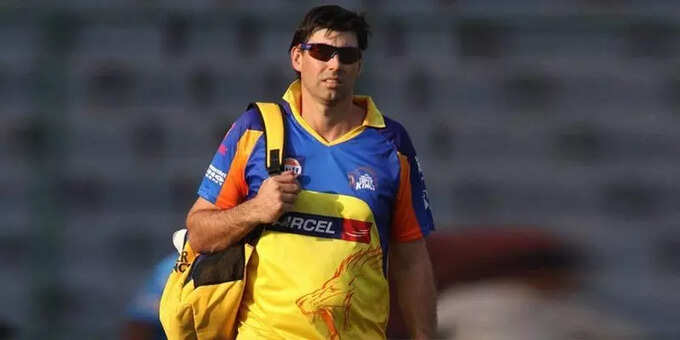
4. Darren Lehmann (Australia)
Darren Lehmann was the first cricketer to win the IPL as both a player and a coach, albeit in different seasons. Lehmann was part of the Rajasthan Royals squad that won the inaugural IPL in 2008, though his role as a player was limited. His coaching career in the IPL, however, was more impactful. Lehmann took over as the head coach of Deccan Chargers in 2009 and led them to an IPL title. Despite not replicating this success in subsequent seasons, Lehmann’s coaching abilities were recognized, and he later became the head coach of Kings XI Punjab in 2013. His IPL coaching experience paved the way for his appointment as the head coach of the Australian cricket team.
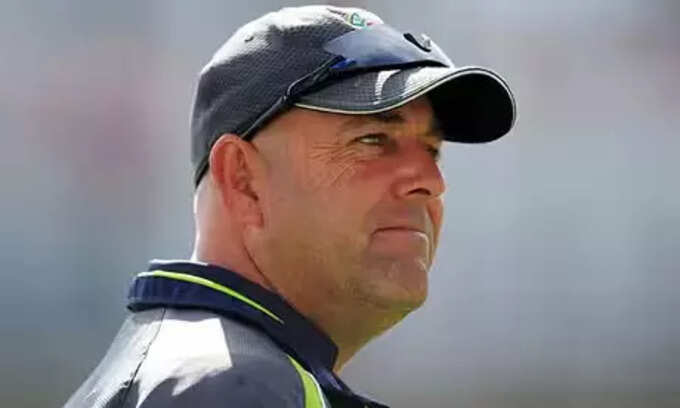
5. Mahela Jayawardene (Sri Lanka)
Mahela Jayawardene, one of Sri Lanka’s finest cricketers, had a significant playing career in the IPL, representing teams like Kings XI Punjab, Kochi Tuskers Kerala, and Delhi Daredevils. After retiring as a player, Jayawardene transitioned into coaching and found success with Mumbai Indians. Since joining the franchise in 2017, he has led Mumbai Indians to two IPL titles, further enhancing his reputation as a top-tier coach. Jayawardene’s strategic acumen and calm demeanor have been instrumental in Mumbai Indians’ continued dominance in the league.
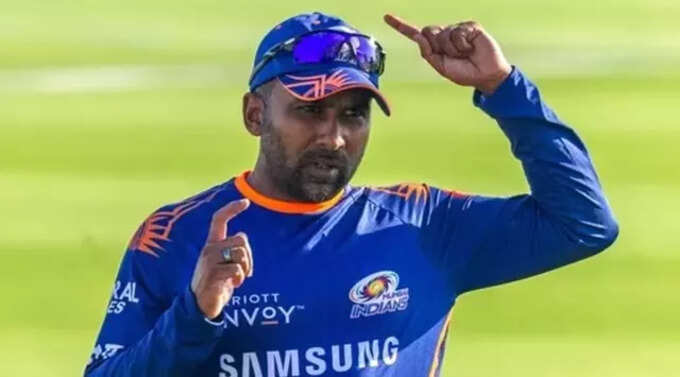
The Legacy of Player-Turned-Coaches
The transition from player to coach in the IPL highlights the evolution of these cricketers as they move from executing strategies on the field to crafting them from the dugout. Their experiences as players have undoubtedly enriched their coaching methodologies, allowing them to guide their teams with insights drawn from years of top-level cricket. As the IPL continues to grow, the influence of these player-turned-coaches will remain crucial in shaping the future of the tournament and the players who aspire to make their mark in the game.


